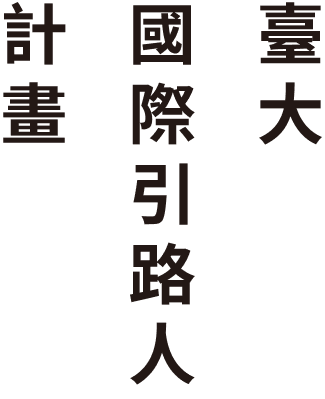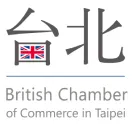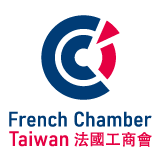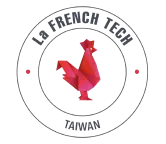
麥顯鋒 Thomas MAK
JOB TITLE
Group Supply Chain Management and Sustainability Director
DEPARTMENT
Jardine Restaurant Group/Group Sustainability
INSTRUCTION LANGUAGES
-
Mandarin
-
English
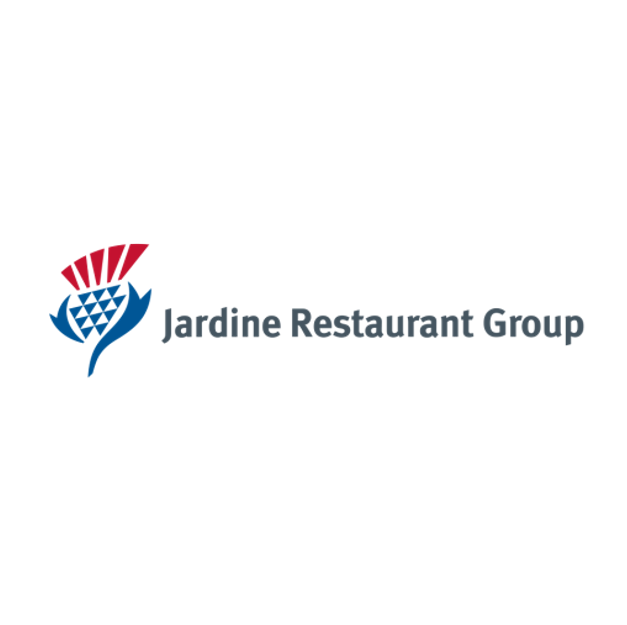
Jardine Restaurant Group
→
PERSONAL BIO
WORK EXPERIENCE AND AWARDS
EDUCATIONAL BACKGROUND
Job Positions
Group Sustainability Intern
1 Vacancy
| Work Type: Part-Time
Co-Supervisor Information

Demi Wang
王曦涵
Institution
Jardine Restaurant Group
Division/Department
Group Sustainability
Job Title
Group Sustainability Manager
Brief Introduction of the Department
Department Staff Number
- Less than 5 people
Internship Job Description
Preferred Intern Education Level
- Undergraduate students (third year and above)
- Master students
- Master students
Preferred Intern Skill Sets or Qualities
Others




